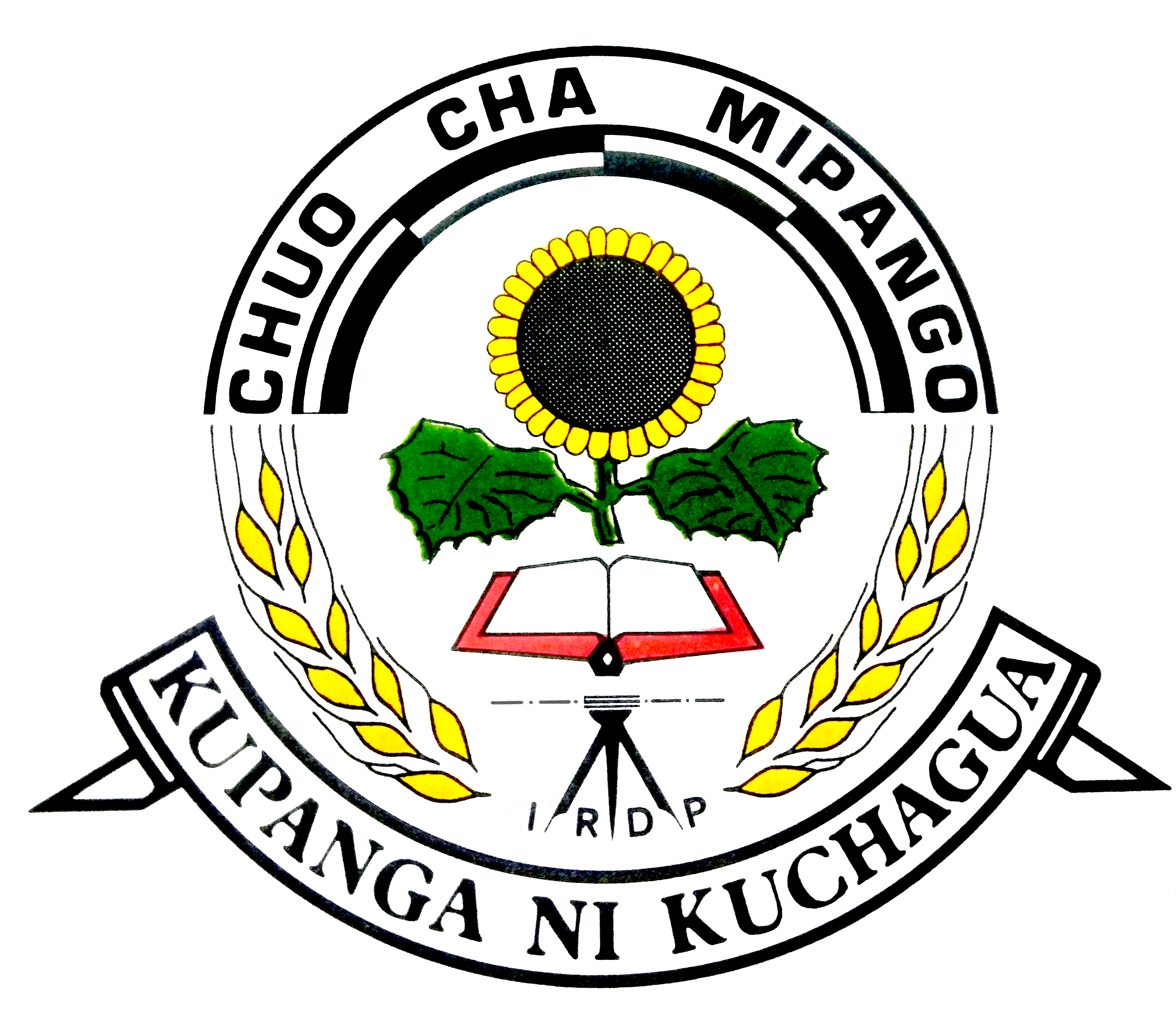Staff Profile
Mr David Ngwilizi - Lecturer
- dngwilizi@irdp.ac.tz
- (+255) 762 027 470
Area of Expertise
Development and Environmental Economics
Work Experience
David Ngwilizi is a Lecturer in Economics at the Institute of Rural Development Planning with over 10 years’ experience in teaching microeconomics, macroeconomics, development economics, and econometrics modules. He has also served a range of national and international institutions as a trainer, researcher, and consultancy expert, including UNDP - Tanzania; EQUIP Hubs – Tanzania, SOS Children’s Village – Tanzania, Duke University, Moshi District Council, the Catholic Relief Service (CRS), and the Union of Tanzania Press Club (UTPC). Besides the mentioned experiences, Mr. Ngwilizi has published research outputs in reputable peer-reviewed journals; among them are the African Review Journal, the Tanzania Economic Review Journal, and the International Journal of Economics and Financial Research.
Professional Skills
- Ability to design, plan, and manage the full survey life cycle of the projects.
- I have wide experience in micro-economic data analysis, visualisation, and report writing.
- Extensive skills and experience in using social science statistical packages, namely, STATA, SPSS, and R, to analyse data and produce policy-based outputs.
- Advanced knowledge in assessing the relevance, efficiency, and impact of the project, program, and/or policy.
- Proficient in conducting feasibility studies to inform the client's decision to undertake the project or programme.
- Experience in designing and executing capacity-building programmes based on local needs, particularly business start-ups and entrepreneurship development.
Research and academic Interests
The main areas of research and academic interest are innovation, financial inclusion, food security, poverty, household welfare, child education and health, energy, land governance, sustainable agriculture, climate change and variability, as well as adaptation and mitigation strategies.

Publications
ORCID iD: https://orcid.org/0000-0002-2019-037X
 Register Now
Register Now
